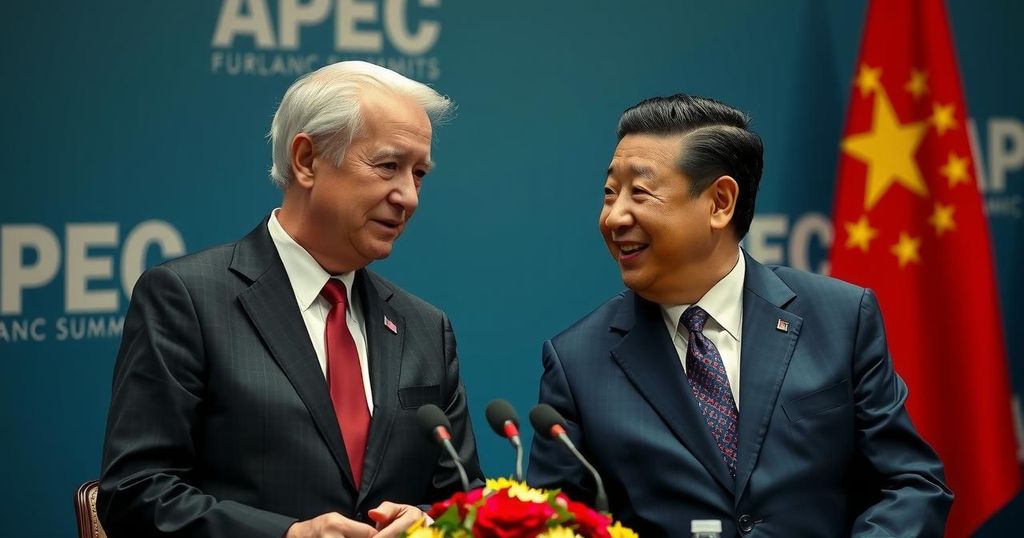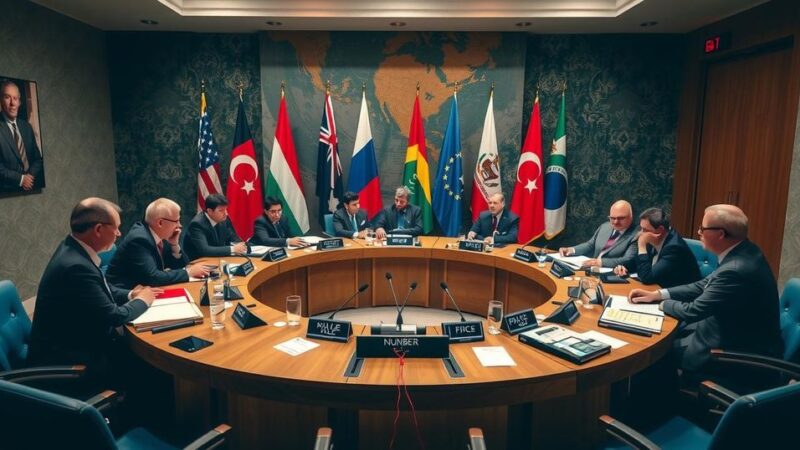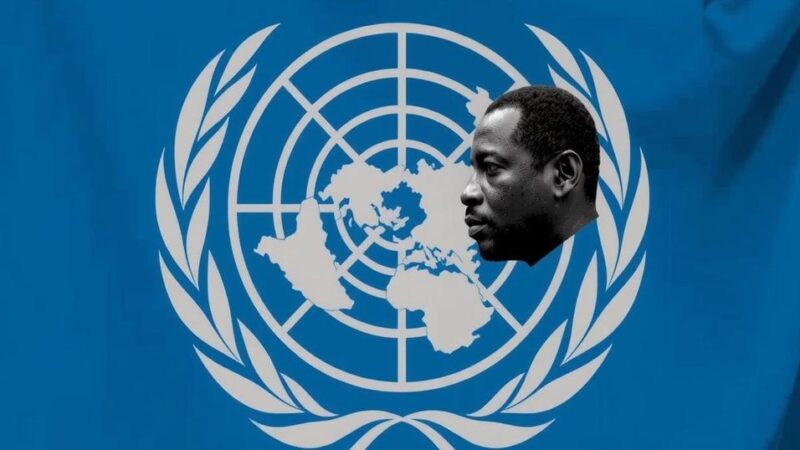During their final meeting on the sidelines of the APEC summit in Lima, President Biden and President Xi Jinping discussed the future of the U.S.-China relationship amid the upcoming Trump administration. Xi expressed readiness to cooperate but cautioned about potential protectionist policies that could strain their relations. The leaders addressed pressing issues, including North Korea’s support for Russia and broader economic concerns.
On Saturday in Lima, Peru, U.S. President Joe Biden met with Chinese President Xi Jinping for what was anticipated to be their final discussion ahead of the transition to an incoming administration under President-elect Donald Trump. During their meeting on the sidelines of the Asia-Pacific Economic Cooperation (APEC) summit, Biden sought Xi’s influence in persuading North Korea to restrict its support for Russia amidst ongoing conflicts.
Xi, while refraining from explicitly naming Trump, indicated that he is monitoring the new administration’s commitment to international cooperation, emphasizing Beijing’s readiness to engage with a U.S. administration focused on maintaining open lines of communication and fostering cooperation.
Xi articulated the necessity of a stable U.S.-China relationship, not only for the two nations but for humanity as a whole, asserting that “Only mutual, beneficial cooperation can lead to common development.” The meeting comprised discussions on various pressing issues, such as China’s involvement with Russia, human rights, and the situation surrounding Taiwan.
Given Trump’s protective campaign promises, such as implementing significant tariffs on Chinese products, uncertainty looms over future relations between Beijing and Washington. Xi’s remarks included a call for both nations to pursue dialogue and cooperation, suggesting that the escalating tensions could impact the global landscape.
Biden reflected on their long-standing relationship and the importance of candid discussions to prevent misunderstandings. The leaders convened in an expansive conference room, surrounded by their senior aides, to address the many complicated matters facing their nations while underscoring the importance of strategic dialogue moving forward. As the two leaders concluded their discussions, Biden’s administration recognized that managing the U.S.-China dynamic would be a critical challenge for Trump’s incoming team.
The meeting between President Biden and President Xi Jinping occurs in a context marked by increasing tensions between the United States and China, particularly concerning trade relations, geopolitical maneuvers in Asia, and conflicting interests regarding North Korea. With the potential for changes under the Trump administration, expressed fears of protectionist policies complicate the established diplomatic landscape. Both leaders’ remarks reflect concern over the implications of future engagements that could affect global stability, trade dynamics, and cooperation on pressing international issues. The ongoing situation in Ukraine, North Korea’s military behavior, and China’s role in these conflicts have heightened the urgency for cooperative diplomatic efforts. This context further adds complexity to the cultural perceptions and national interests that underlie U.S.-China relations. Moreover, the historical backdrop of Biden and Xi’s relationship underscores potential pathways for dialogue and conflict resolution going forward.
In summary, President Biden’s final meeting with President Xi Jinping highlighted significant concerns regarding the trajectory of U.S.-China relations amidst an incoming Trump administration. Xi’s call for cooperation and a stable relationship underscores the delicate balance needed to navigate the challenges ahead, especially related to North Korea and global economic policies. As both nations anticipate shifts in governance, the established dialogue may prove essential in preventing conflict and fostering mutual understanding in a transforming international landscape.
Original Source: www.pbs.org






